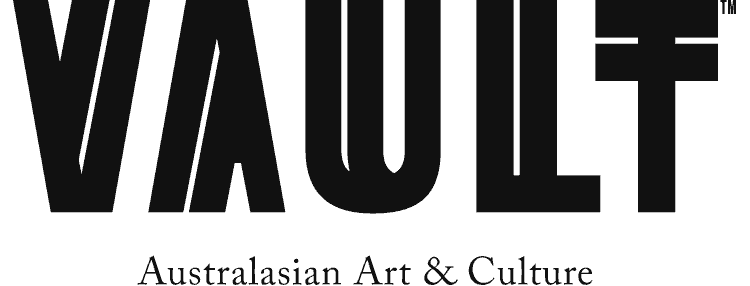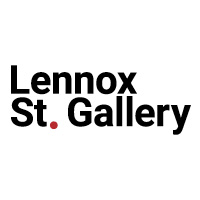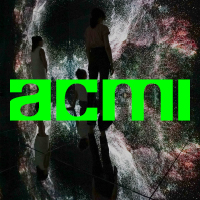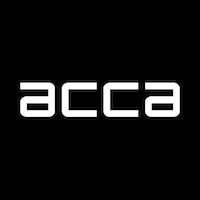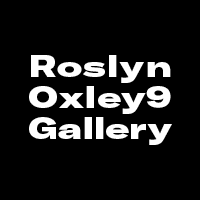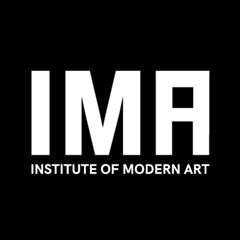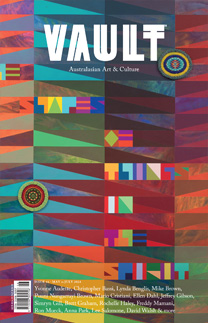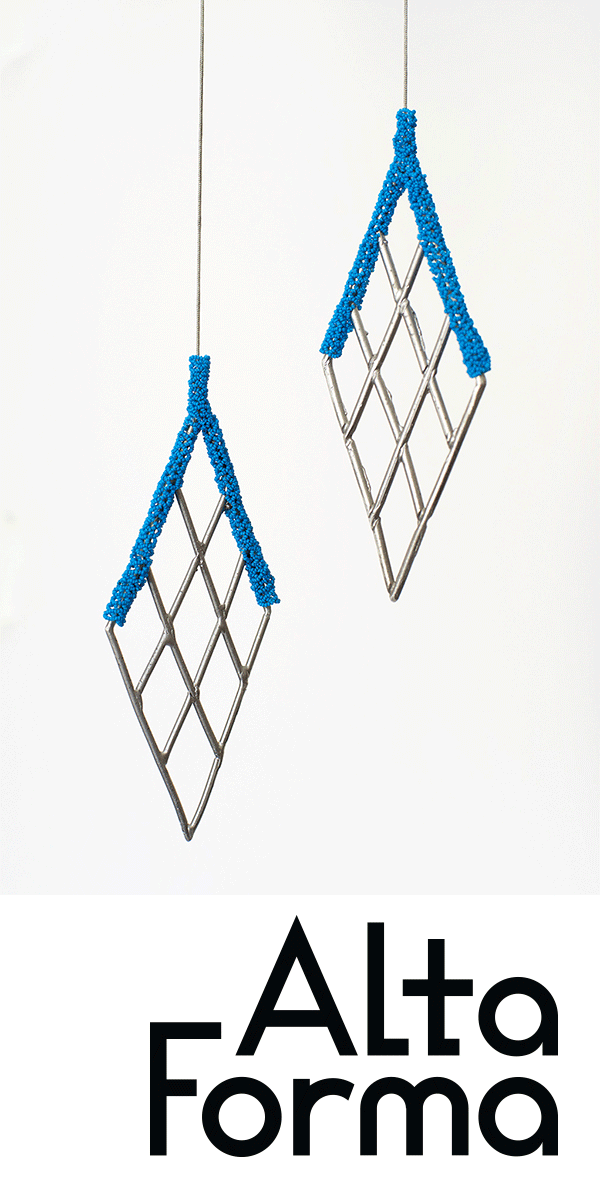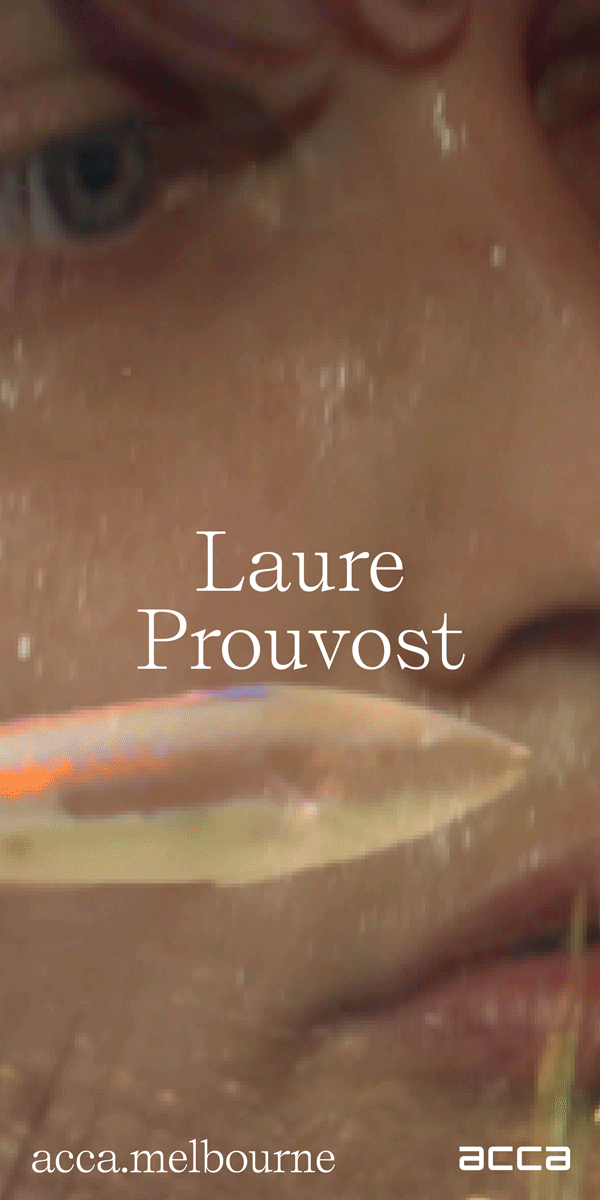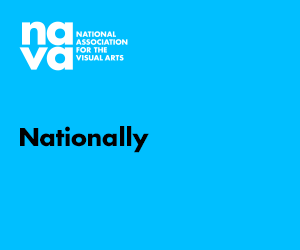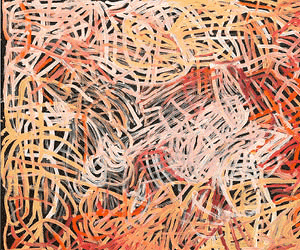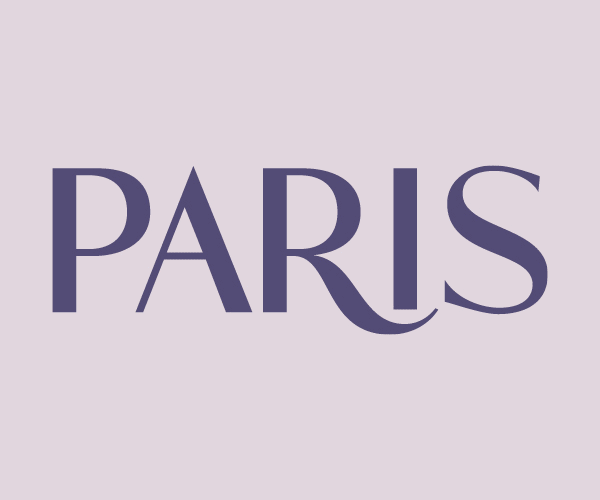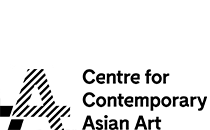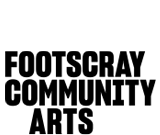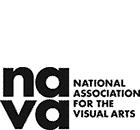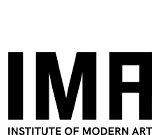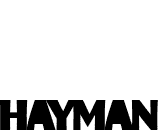Teju Cole
Site Unseen
For the acclaimed South African artist Candice Breitz, truth lives in the places where politics and pop culture intersect.
Teju Cole thinks I should turn off my webcam. The acclaimed Nigerian-American photographer, essayist and novelist, who is speaking with me at the start of the day from his Brooklyn office, has a habit of taping the lens of his computer’s built-in camera. “I have straightforward reasons – it’s about resisting the surveillance state,” he says with a laugh.
In many ways, Cole’s creative output – expansive, humane, lyrical – is a salve for a world in thrall to data’s insistence on binaries, the deadening impact of bits and bytes. There’s Open City, an unclassifiable novel about a doctor that wanders Manhattan that also exposes the way urban spaces are shaped by power. There’s ‘On Photography’, the New York Times photography column, where he writes about image-makers including Peter Funch and Roy De Carava while taking criticism into the realm of poetics. And, most recently there’s Blind Spot, a volume that pairs photographs taken everywhere from Berlin to Beirut to Brazzaville with fragmentary texts narrating the stories that hide in ordinary places.
The project, which alludes to Cole’s experience of big blind spot syndrome, a form of temporary blindness, is a lesson in the limits of our vision. Like the rest of Cole’s practice, it’s also testament to the value of looking closer.
Along with your New York Times photography column, your books include Every Day is for the Thief, Open City and the recent essay collection Known and Strange Things. You’re also a long-time practitioner of photography. How do writing and photography work together for you and at what points do they intersect? Well, I think it is important that they intersect. But ... Subscribe to read this article in full
